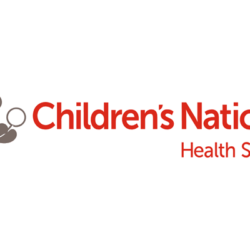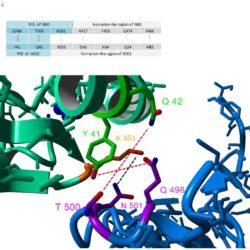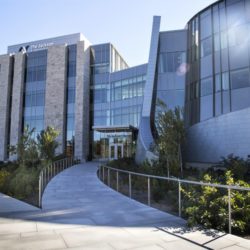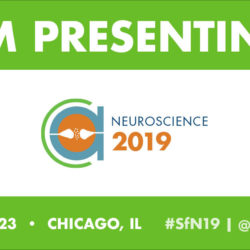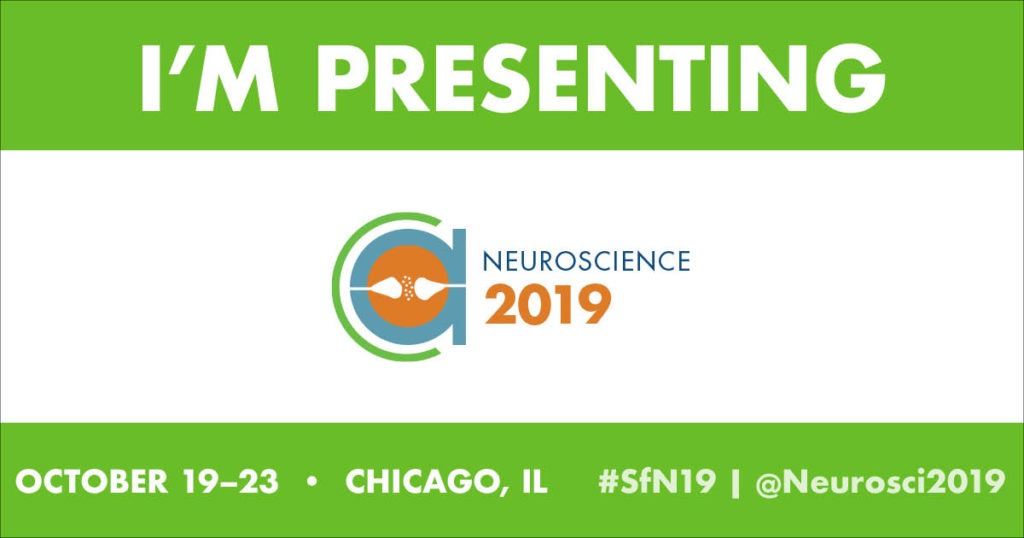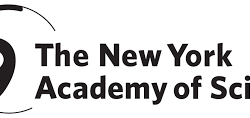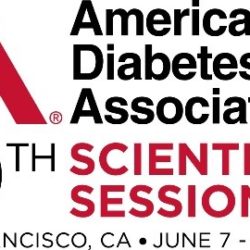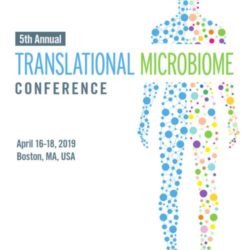WASHINGTON, July 14, 2020 /PRNewswire/ — Sixteen finalists are announced in the “Make Your Medical Device Pitch for Kids!” special COVID-19 edition competition presented by the National Capital Consortium for Pediatric Device Innovation (NCC-PDI). Representing innovations in COVID-19-related pediatric medical devices, the finalists will compete in a virtual pitch event held on July 20, 2020.

News from the HMI
Interview to Forbes : SARS-CoV-2 Prion-Like Domains in Spike Proteins Enable Higher Affinity to ACE2
In the interview to Forbes Dr. George Tetz highlights possible major scientific breakthroughs based on his article “SARS-CoV-2 Prion-Like Domains in Spike Proteins Enable Higher Affinity to ACE2”
The full text is available at: https://www.forbes.com/sites/jvchamary/2020/04/17/prion-like-coronavirus/#6ea4b8df4680
Human Microbiology Institute commits expertise and assets to the fight against COVID-19 pandemic
New York, March 19, 2020 — Today, Human Microbiology Institute (HMI) announced that it accelerates the development of vaccines, diagnostics, and treatments for COVID-19 in response to the pandemic. HMI brings a range of breakthrough resources and expertise needed to identify novel therapeutic targets within SARS-VoC-2 for the new solutions to the pandemic
HMI’s abstract was accepted for a poster presentation at the Microbiome Innovation Summit that will be held at The Jackson Laboratory on Friday November 1, 2019 and The Jackson Laboratory in Farmington, CT.
This year’s program will feature an outstanding diversity of speakers addressing a wide range of important topics in microbiome science across many disciplines. Speakers and panel discussions will address:
- the current landscape in microbiome research and development
- approaches for understanding the basis of host/microbe interactions
- best practices for experimental design and reproducibility
- engineering of microbial systems to meet specific objectives
- future directions in microbiome commercialization
HMI as a Member The New York Academy of Sciences is honored to participate at the Academy’s 201st Annual Meeting.
During the event special guests for a by-invitation-only screening of Jim Allison: Breakthrough (2019), the inspirational story of one scientist’s quest to find a cure for cancer. Today, Academy Member James P. Allison is well-known for receiving the 2018 Nobel Prize in Physiology or Medicine jointly with Japanese immunologist Tasuku Honjo for their discovery of cancer therapies that stimulate the immune system to attack tumor cells. This gripping documentary follows Dr. Allison’s life and work over several decades, and provides insight into what it means to struggle against skepticism and resistance in order to achieve the extraordinary. A Q&A session with Bill Haney, the film’s director, was followed the screening.
Our presentation “ Bacterial DNA promotes Tau aggregation” has been selected as an oral report at the Society for Neurosciences 2019, October 19-23, Chicago, IL.
Bacterial DNA promotes Tau aggregation
Human Microbiology Institute Research the First to Demonstrate that Bacterial DNA Trigger Alzheimer”s Disease
Research was presented at the Society for Neuroscience 2019. Society for Neuroscience was founded in 1969 by Ralph W. Gerard and, at nearly 37,000 members, has grown to be the largest neuroscience society in the world.
Chicago, IL October 19, 2019 — Human Microbiology Institute (HMI), a not-for-profit scientific research organization, today presented data that demonstrate for the first time how microbiome can trigger Alzheimer’s disease. The study, conducted by Drs. V. and G. Tetz, in collaboration with Claudio Soto was presented by Dr. G. Tetz in an oral session at Society for Neuroscience 2019 , October 19-23, Chicago, IL.
NEW YORK, May 01, 2019 – Human Microbiology Institute, today announced a poster presentation “A New Developmental Model of Type 1 Diabetes—An Association between Autoimmunity, the Dynamics of Gut Amyloid-Producing E. Coli, and Their Phages” at the The American Diabetes Association’s 79th Scientific Sessions being held on June 7-11, San Francisco. The presentation includes the first microbiome-based discovery for the role of microbiome in triggering Type 1 Diabetes autoimmunity.
Bacteriophages are Potential New Human Pathogens
Human Microbiology Institute Research the First to Demonstrate that Amyloid-producing Bacteria and Bacteriophages Can Trigger Type 1 Diabetes
Research was presented at the 5th Annual Translational Microbiome Conference 2019
Boston, MA, April 17, 2019 — Human Microbiology Institute (HMI), a not-for-profit scientific research organization, today presented data that demonstrate for the first time how microbiome can trigger type 1 diabetes. The study, conducted by Drs. V. and G. Tetz, was presented by Dr. G. Tetz in an oral session at 5th Annual Translational Microbiome Conference , April 16–18, 2019, in Boston.
